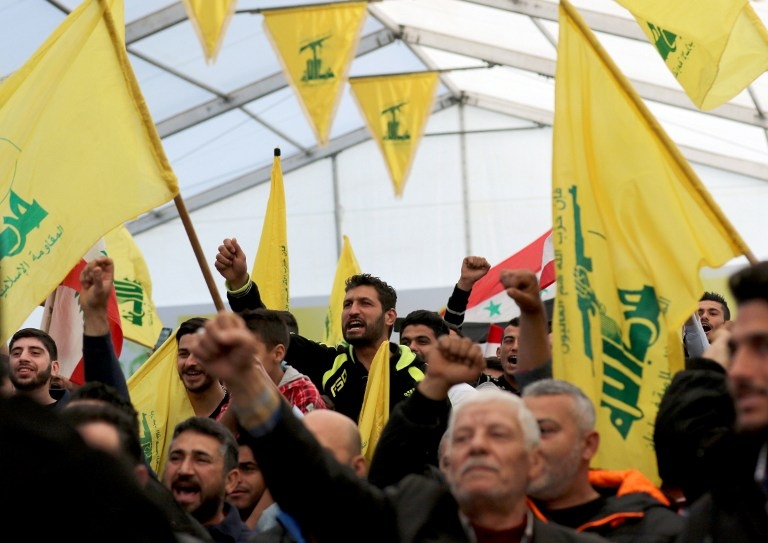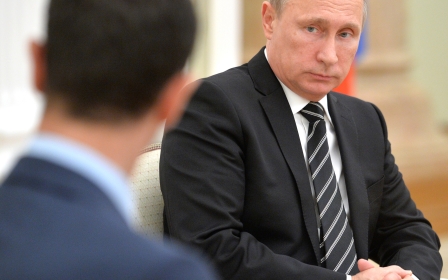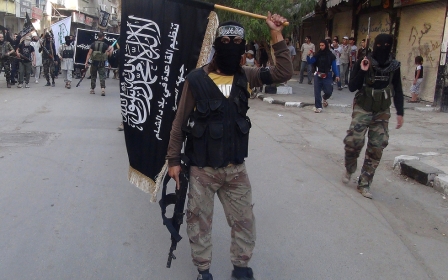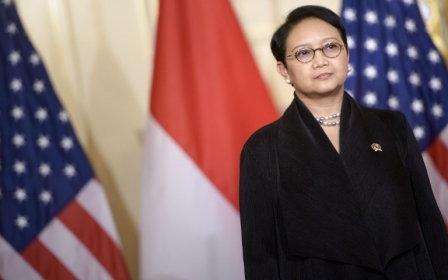Israeli president to warn Russia not to strengthen Iran, Hezbollah

Any future agreement with Syria should not strengthen Iran or Hezbollah, Israel’s president plans to tell Russian President Vladimir Putin on Wednesday.
Reuven Rivlin told journalists about his plans during a flight to Moscow on Tuesday, Haaretz reported.
“Given the situation we’re in, we have to coordinate with Russia,” he was quoted by Haaretz as saying. “Everybody understands that the Islamic State (IS) is a danger to the entire world, but for us, fundamentalist Iranian Shiite Islam is no less of a danger.”
A senior official also told Haaretz that Rivlin’s main objective with Putin is to find out what the Russian leader’s plan is for after the war and to stress that Iran and Iranian-backed Hezbollah must not be empowered.
On Monday, in an announcement that took many involved in the Syria conflict by surprise, Russia announced that it was partially withdrawing its air force from the war-torn country.
At the end of September, Russia started launching air strikes in Syria at the request of the Syrian government.
Russian officials had said the air strikes would hit IS and “terrorist groups,” but the campaign has been criticised for targeting Syrian opposition fighters and civilians.
Rivlin will reportedly be the first foreign leader to meet with Putin since his announcement on Monday, which a senior Israeli military official said caught the country off guard.
“We had no prior information about the Russian announcement of a reduction in its involvement, just as others didn’t,” the Israeli army's chief of staff, Lt Gen Gadi Eisenkot, was quoted by Haaretz as telling politicians in the Knesset on Tuesday.
The Israeli president is also scheduled to meet Prime Minister Dmitry Medvedev and a representative of the Russian Jewish community, according to the Jerusalem Post.
New MEE newsletter: Jerusalem Dispatch
Sign up to get the latest insights and analysis on Israel-Palestine, alongside Turkey Unpacked and other MEE newsletters
Middle East Eye delivers independent and unrivalled coverage and analysis of the Middle East, North Africa and beyond. To learn more about republishing this content and the associated fees, please fill out this form. More about MEE can be found here.




